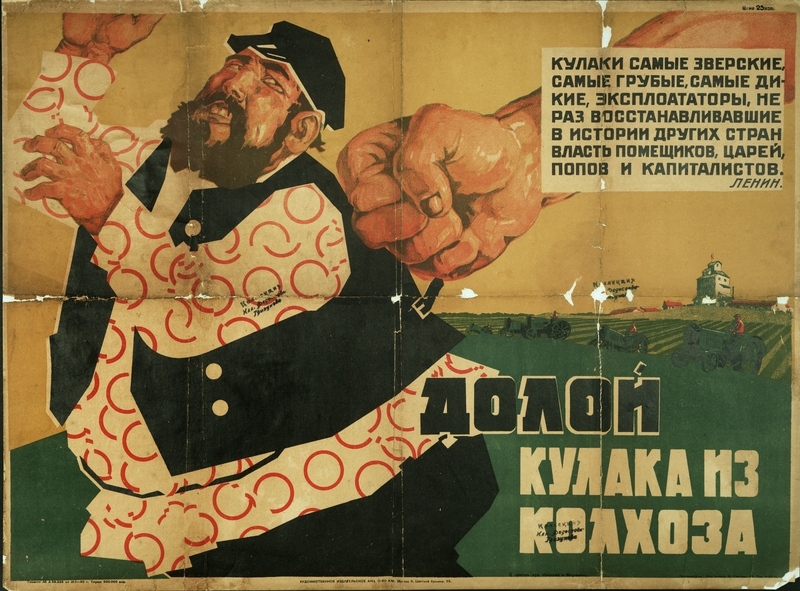Note that your final mark will not be saved in the system.
Context Typeit
Type the correct answers into the spaces. Fill all the spaces before clicking ‘Check Answers!’

This quiz relates to Assessment Objective 3 (AO3).
Aside from the Rebellion itself, various events in Animal Farm have a precise political context. Mr Frederick's role as a representation of Hitler is an example. Mr Frederick's swindling of Napoleon out of the timber represents double-crossing of by reneging on their political agreement, known as the Molotov–Ribbentrop , and launching an invasion. Frederick's apparently violent hatred of the animals represents Hitler's hatred of . Similarly, the hostile intentions of the human farmers to Animal Farm, Frederick and Pilkington's attempt to take advantage of Jones, and Frederick's attempt to weaken the farm financially, would have been largely motivated by a desire for more land for . This provides context when compared to Nazi Germany's own need for more agricultural land, as its economy was weakened by a reliance on importing food. This idea of Germany requiring land also provides a context for the rumour that had entered into an agreement to sell Animal Farm to Mr Frederick. In addition, it is mentioned in Chapter 8 that Frederick was 'more anxious' to get hold of the timber than Pilkington, which may represent the Nazis' desperation during the war to get hold of Russian to fuel their tanks. In Chapter 4, we learn that Frederick's farm, Pinchfield, was 'better kept' than Pilkington's: a parallel with the Nazis having sophisticated but inadequate fuel for them, something that contributed to Germany's defeat. Hitler and Stalin's historical dislike for one another is also given a parallel in Frederick's 'furious jealousy' (Chapter 8) of Napoleon's , which he allegedly plans to destroy.
The contract arranged by Napoleon to eventually provide eggs per week to the other farms also alludes to Russia's relative agricultural strength during the war. The execution of Snowball's alleged conspirators – the pigs, hens, sheep, one goose and an undisclosed number of others – also has an historical parallel with Stalin's mass executions. The pigs specifically may represent the Russian , executed for their private land, and the pigs' execution was possibly implemented so that Napoleon and his close circle could share more of the farm's profits among themselves. The eventual commercial success of the farm and Napoleon's deal with Pilkington supports this view. However, the argument between the pigs and farmers that breaks out over the card game foreshadows post-war Russia's with the West.